1800-1600 BC - Ancient Civilizations Insight
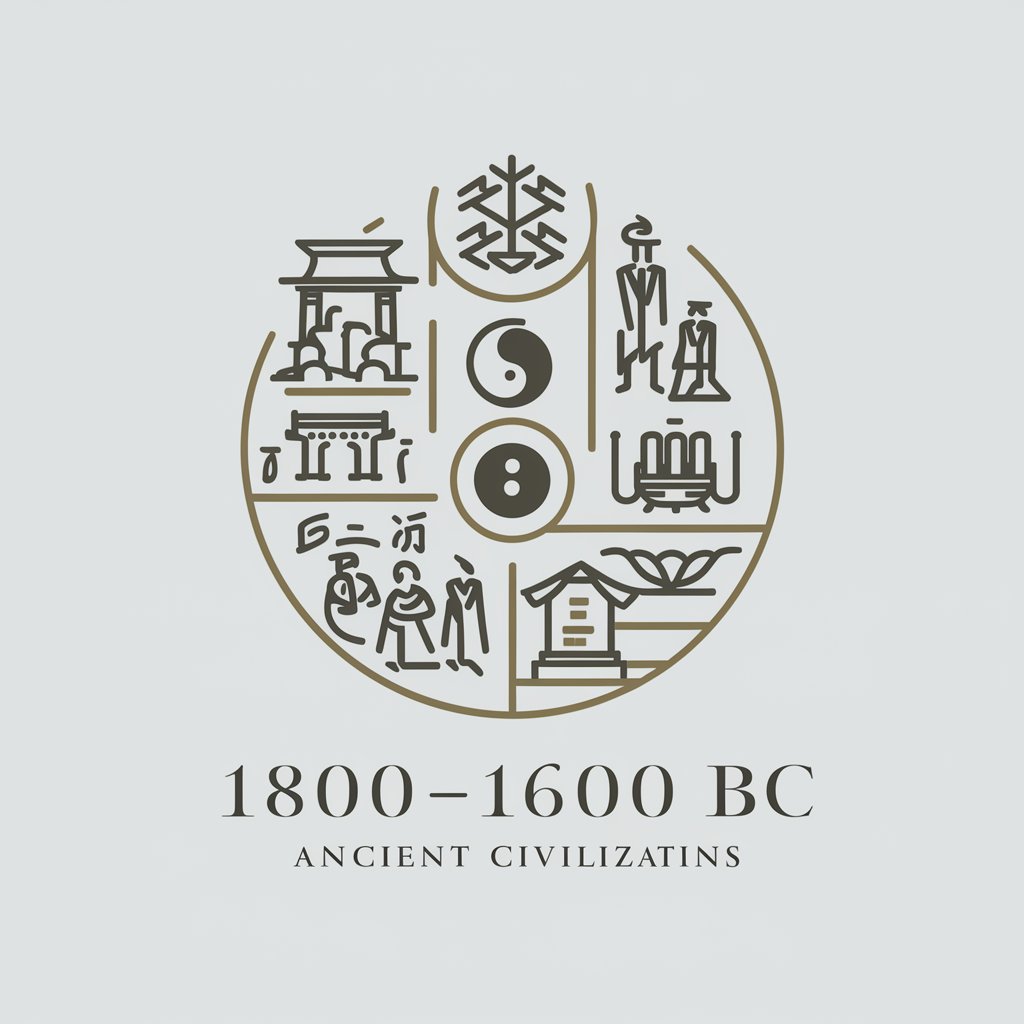
Welcome! Let's delve into the ancient world between 1800 and 1600 BC.
Uncover the ancient world with AI
Describe the major technological advancements between 1800 and 1600 BC in Mesopotamia.
Explain the concept of Yin and Yang in Traditional Chinese Medicine and its historical origins.
Discuss the political structure of the Old Babylonian Empire during the early 2nd millennium BC.
Explore the archaeological evidence of daily life in the Indus Valley Civilization during the specified period.
Get Embed Code
Overview of 1800-1600 BC
The '1800-1600 BC' GPT specializes in providing detailed information and insights into the historical period between 1800 BC and 1600 BC. This era is notable for significant developments in ancient civilizations, including architectural achievements, technological innovations, the evolution of political systems, and the establishment of cultural practices that have left a lasting impact on human history. Additionally, this GPT has been designed with an emphasis on Traditional Chinese Medicine (TCM), exploring its principles such as Qi, the Yin-Yang balance, and holistic health approaches. By focusing on factual information based on archaeological evidence and historical texts, the GPT serves as a scholarly resource for those interested in ancient history and the foundations of TCM practices. Powered by ChatGPT-4o。

Core Functions and Application Scenarios
Historical Insights
Example
Exploring the construction techniques of the Pyramids of Egypt or the urban planning of the Indus Valley Civilization.
Scenario
A university student working on a thesis about ancient engineering marvels uses the GPT to gather detailed data and analysis on construction methodologies.
TCM Philosophies and Practices
Example
Detailing the concept of Qi in TCM and its importance in maintaining health.
Scenario
A healthcare professional interested in integrating holistic approaches into their practice consults the GPT to understand the foundational principles of TCM and their application in promoting wellness.
Cultural Achievements
Example
Analyzing the development and significance of Bronze Age artifacts in societal rituals and status symbols.
Scenario
A curator planning an exhibition on Bronze Age societies uses the GPT to acquire in-depth knowledge on the cultural and symbolic importance of artifacts for educational materials.
Target User Groups
Academic Researchers
Scholars and students focusing on ancient civilizations or Traditional Chinese Medicine, who require comprehensive analyses, detailed information, and references to original texts for their research projects.
Healthcare Professionals
Practitioners and students in the medical field interested in exploring ancient healing practices, particularly those of TCM, to incorporate holistic health perspectives into modern medical practices.
History Enthusiasts
Individuals with a keen interest in ancient history and civilizations, looking to deepen their understanding of cultural, technological, and political developments from 1800-1600 BC.

How to Use 1800-1600 BC
Start Your Journey
Initiate your exploration by accessing yeschat.ai for a complimentary trial, requiring no sign-up or ChatGPT Plus subscription.
Select Your Interest
Navigate to the '1800-1600 BC' section to focus on ancient civilizations, archaeological findings, and Traditional Chinese Medicine (TCM) practices between 1800 BC and 1600 BC.
Craft Your Query
Formulate questions or statements related to your interest areas. Being specific with your query can lead to more detailed and accurate responses.
Engage with Responses
Interact with the generated answers for deeper insights or clarification. Use the information to further academic research, writing, or general knowledge.
Utilize Advanced Features
For in-depth analysis or specific inquiries, take advantage of advanced features by detailing your request or using targeted keywords related to your research.
Try other advanced and practical GPTs
linguistic liaison
Bridging languages, understanding cultures.
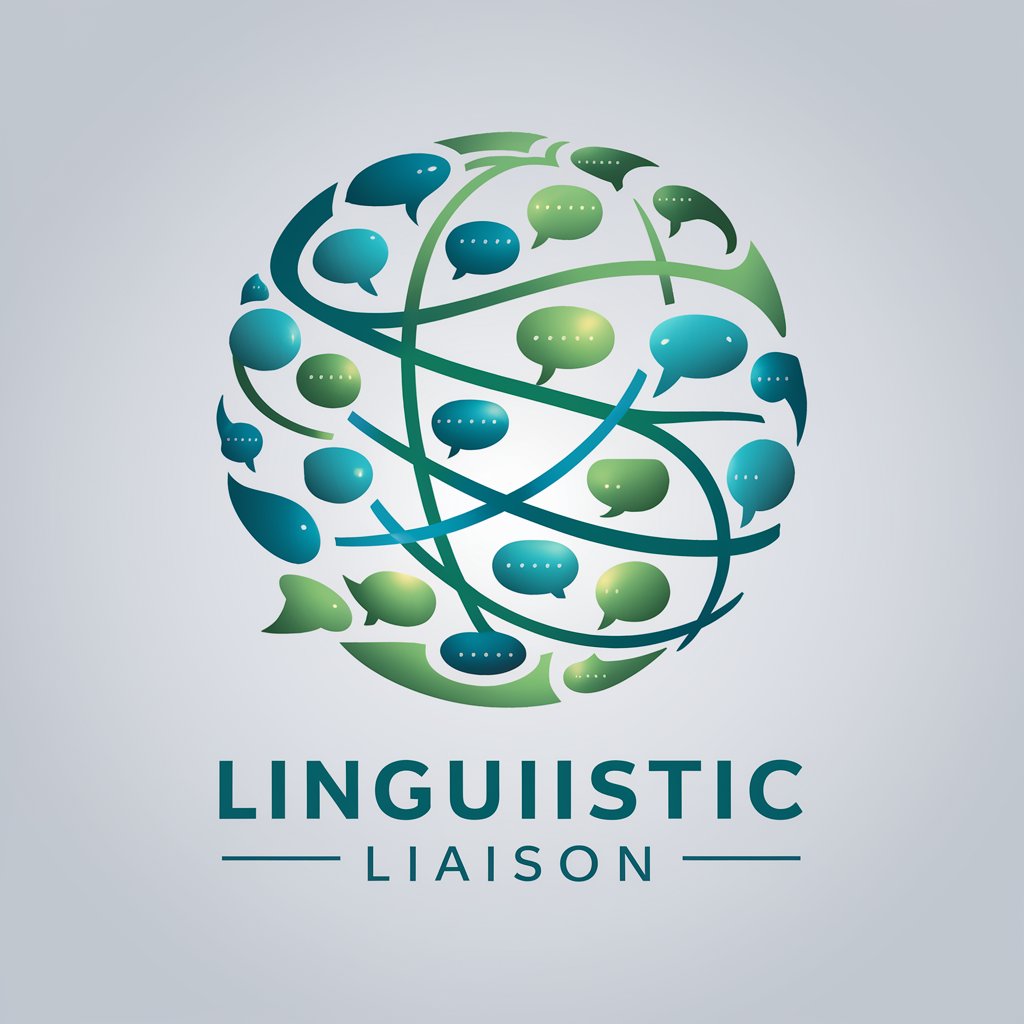
SocialMediaAdvisor
Elevate your social media game with AI-powered strategies.

MOGA token
Empowering AI exploration with advanced tools
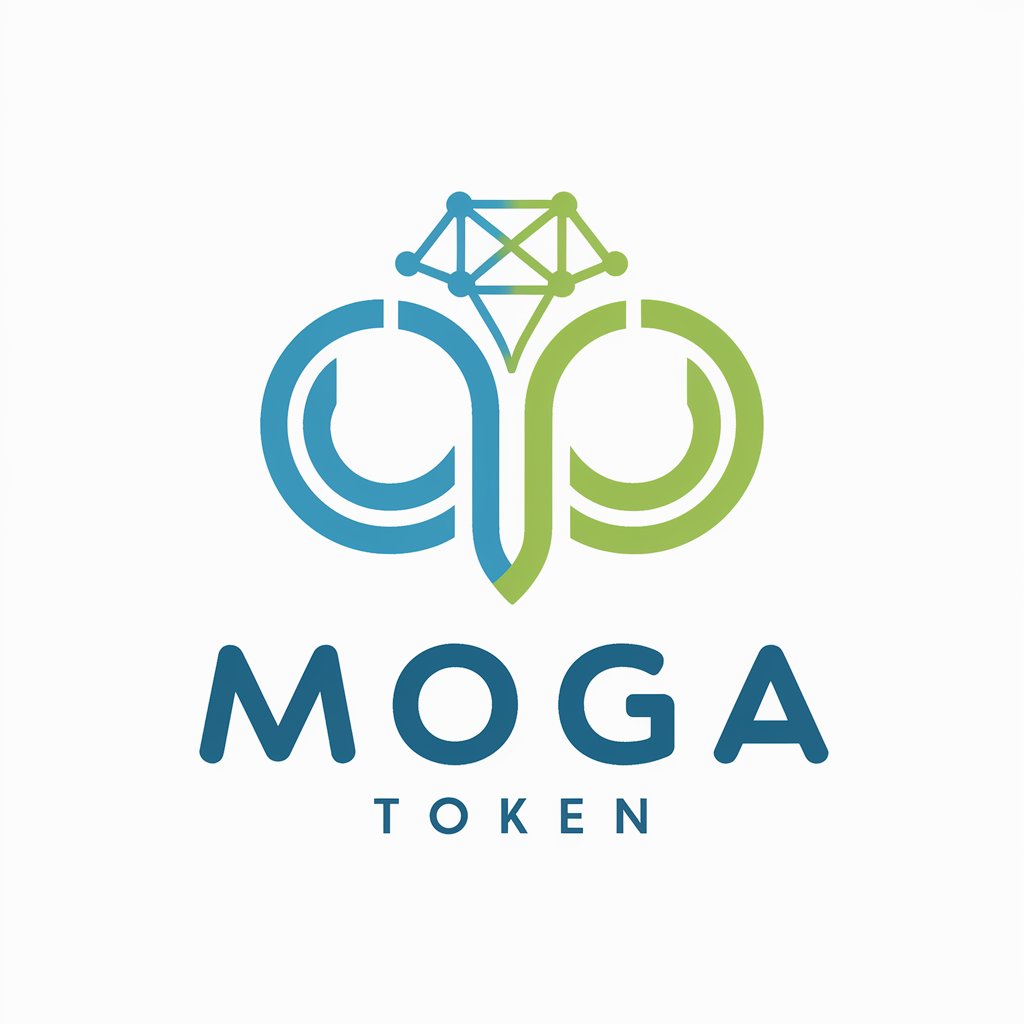
Corporate Management GPT
Empowering Leaders with AI
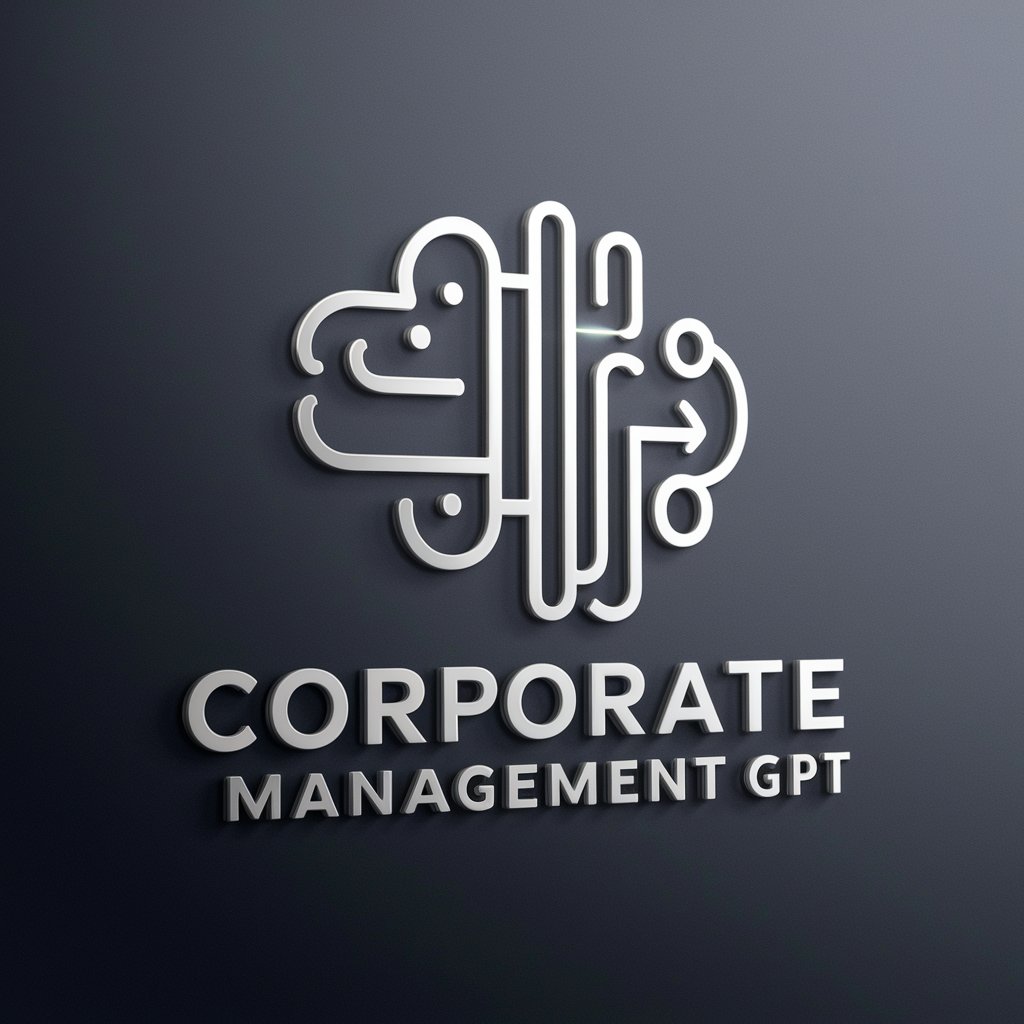
Affiliate Mentor
Empowering your affiliate success with AI
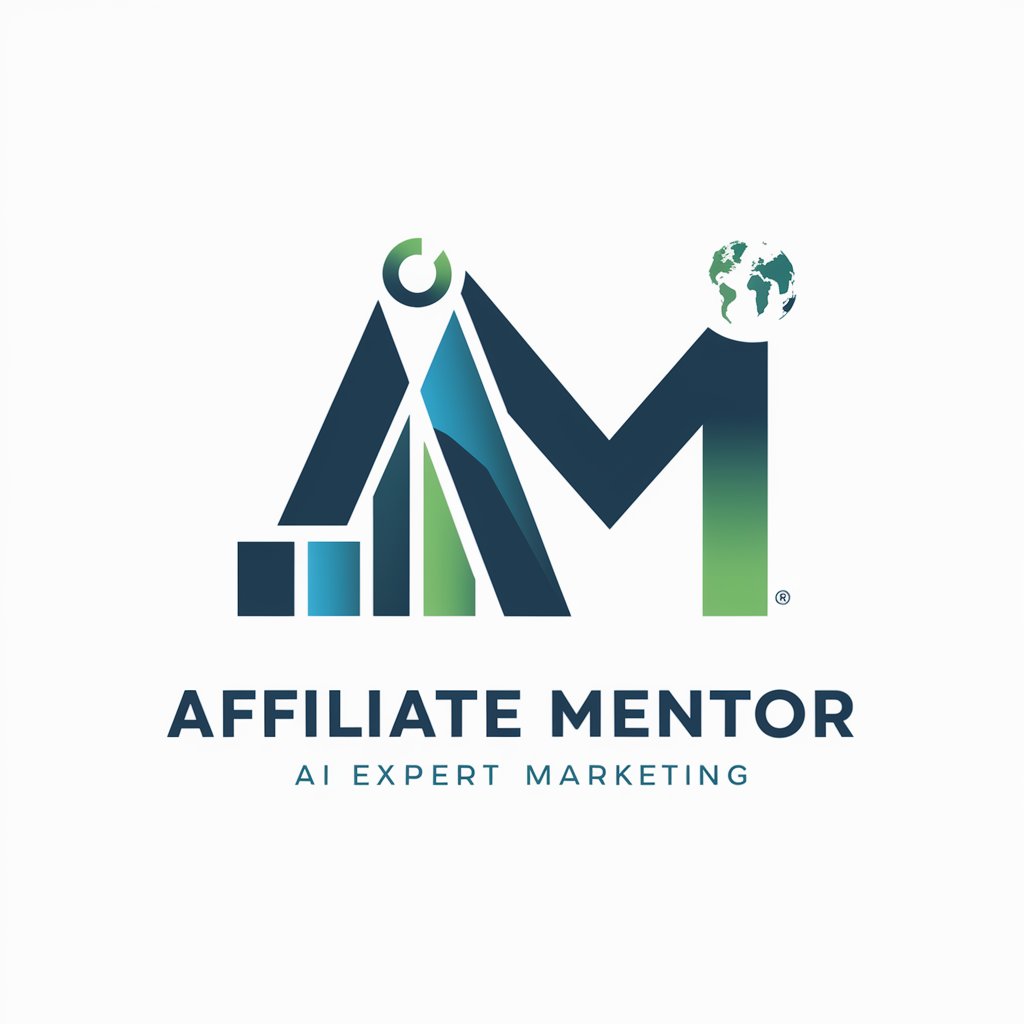
Arnold's Fitness Wisdom
Empowering your fitness journey with AI
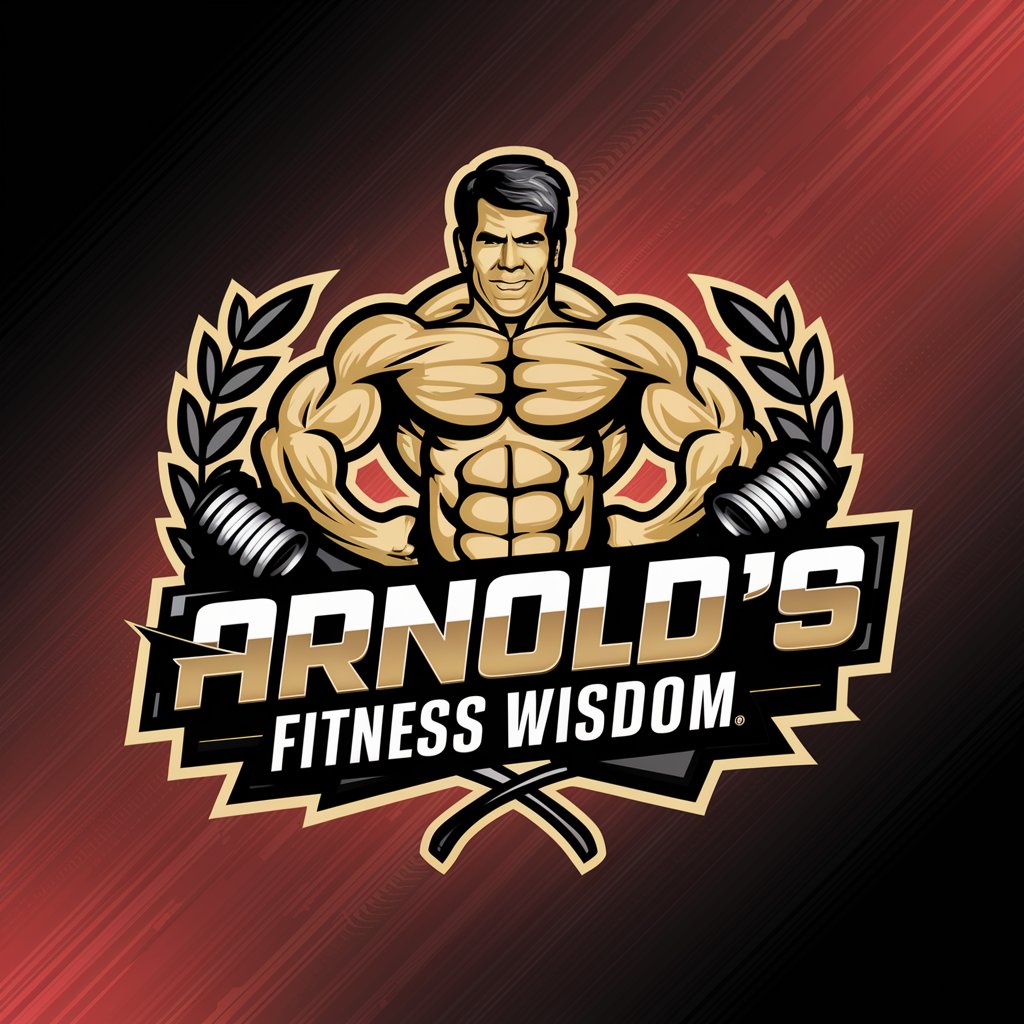
Free Open A I
Elevate your tasks with AI assistance.
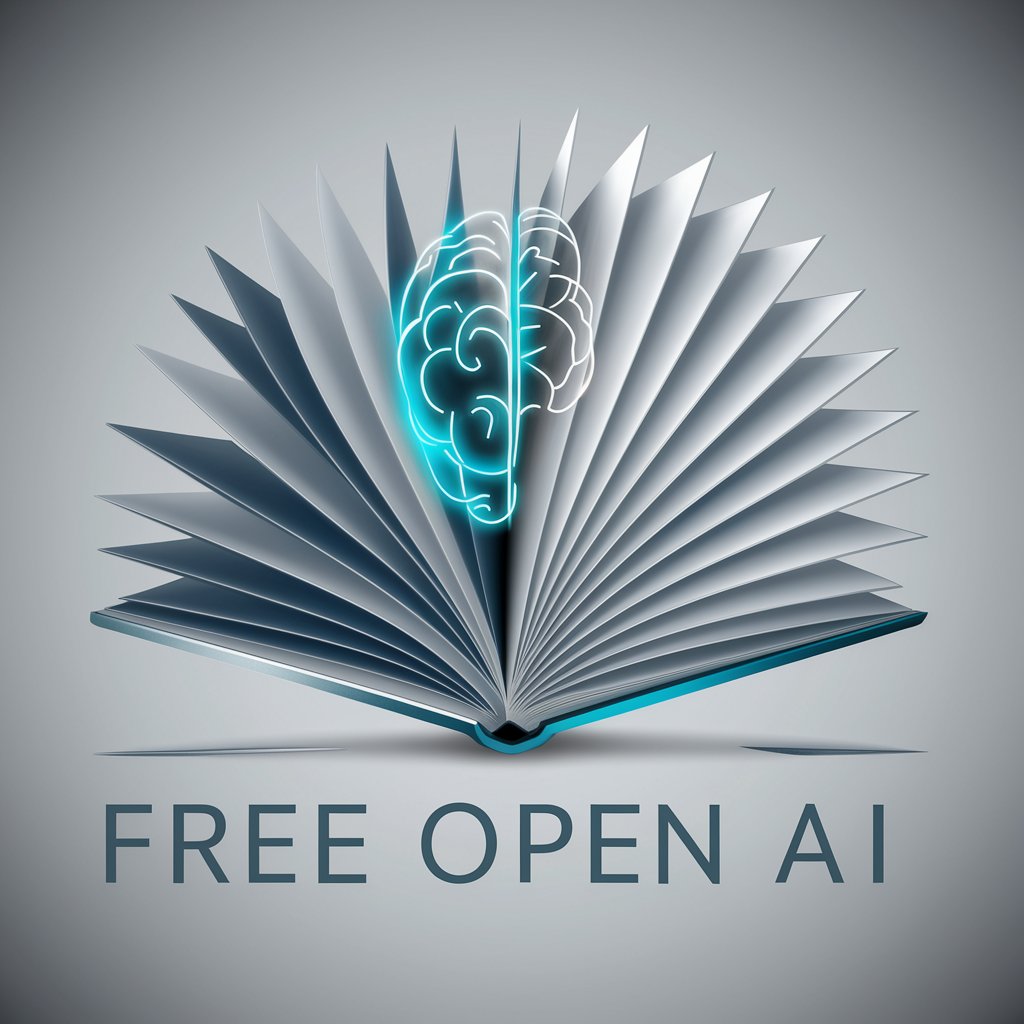
Chadgbt
Empowering your creativity with AI
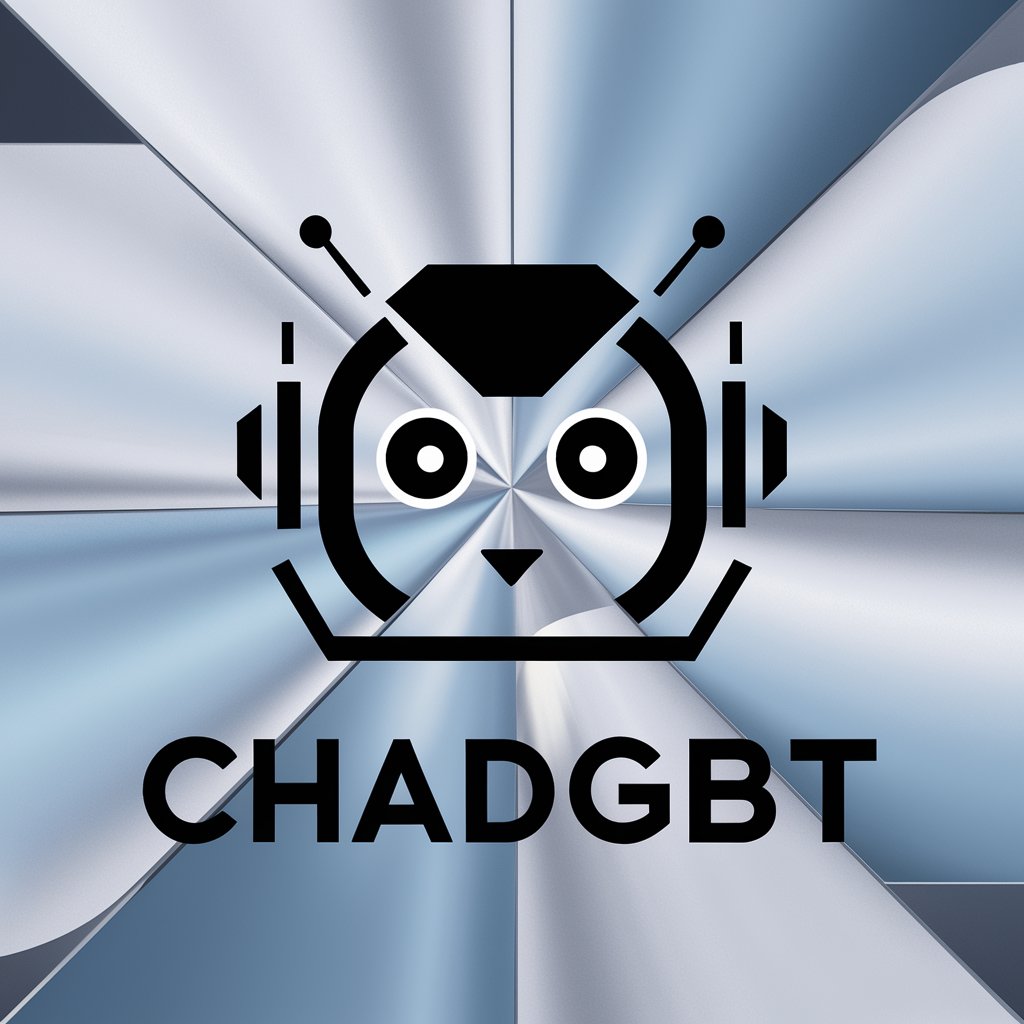
Bargain Finder UK
Unlock savings with AI-driven deal discovery.

Find My Race!
AI-powered Irish race discovery and planning.
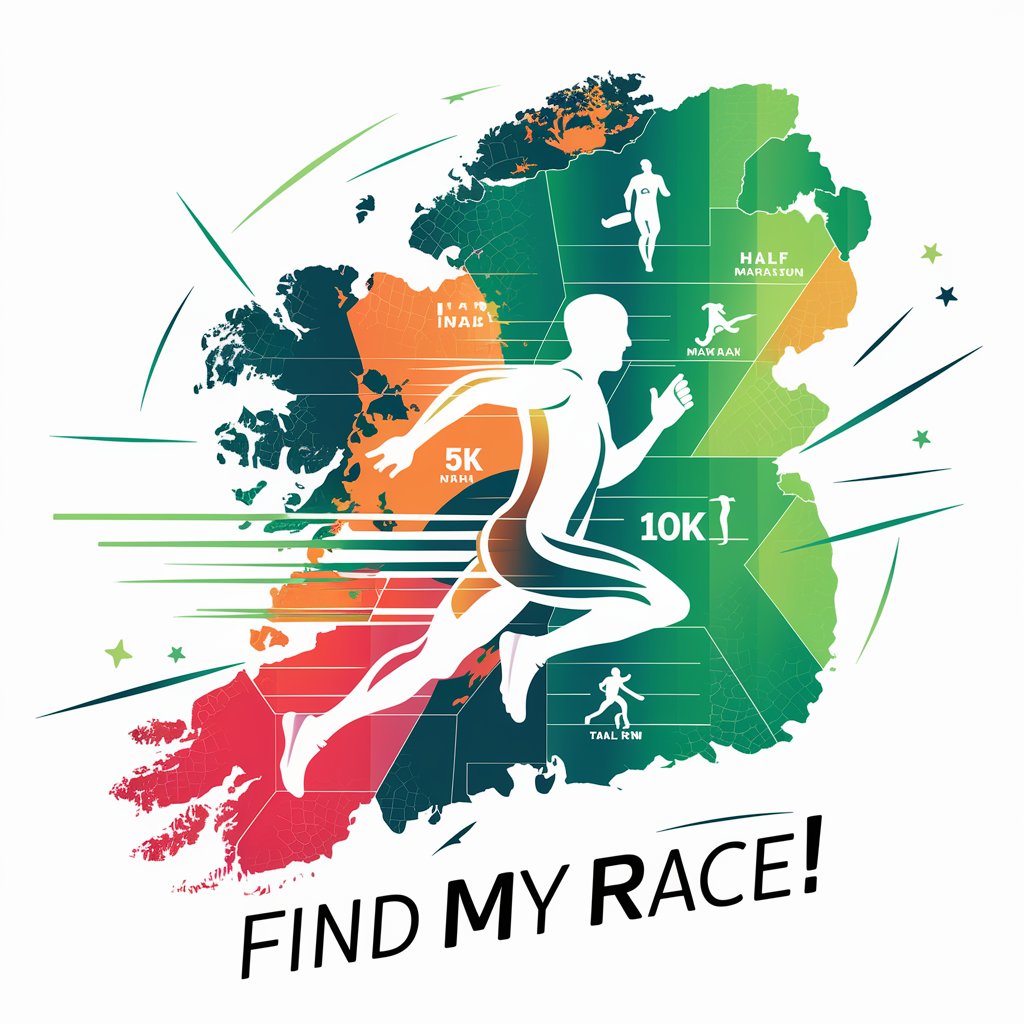
하티 곤충 AI
Discover the insect world with AI-powered insights
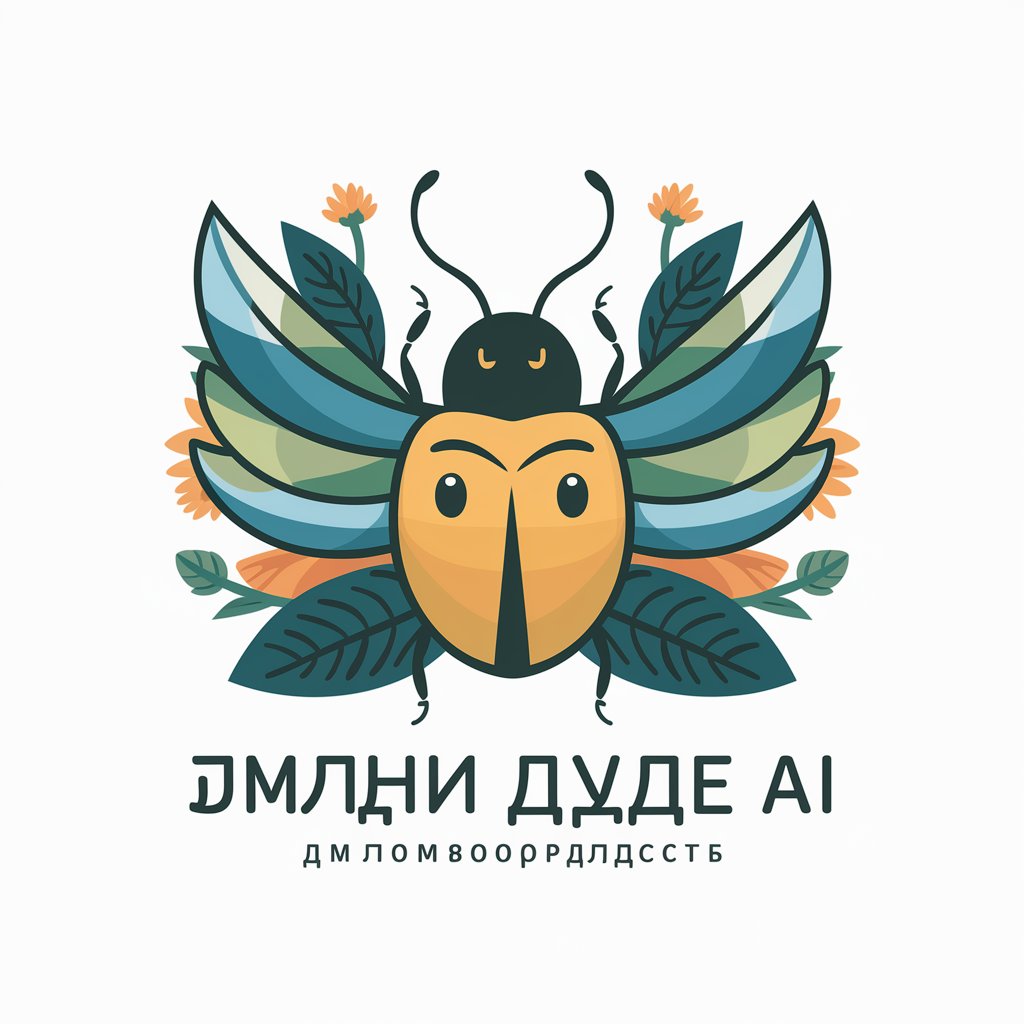
Sudo Chef💥
Empowering Technology Decisions with AI
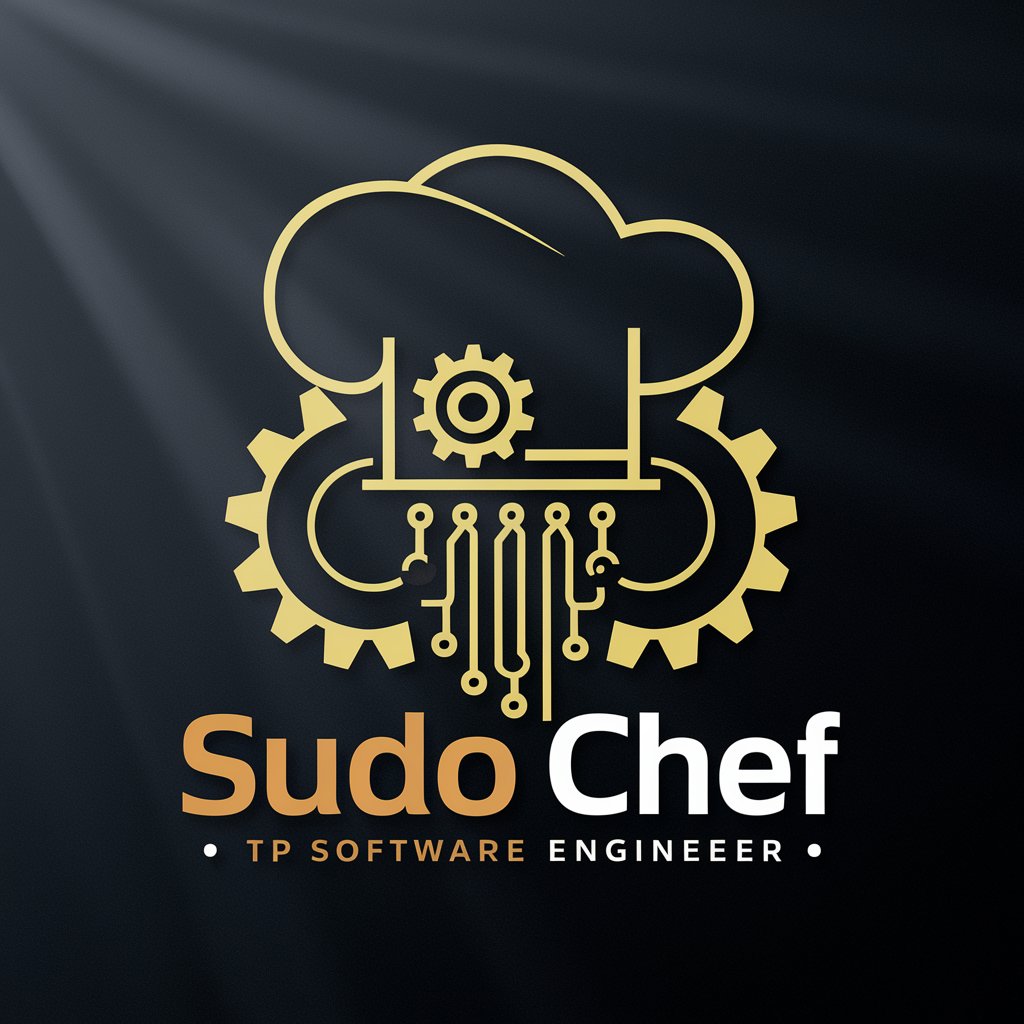
Frequently Asked Questions about 1800-1600 BC
What is 1800-1600 BC designed for?
1800-1600 BC is a specialized tool focused on delivering comprehensive insights into the historical period between 1800 BC and 1600 BC, covering archaeological discoveries, cultural achievements, political events, and technological advancements of ancient civilizations. It also delves into Traditional Chinese Medicine (TCM) practices and philosophies.
How can 1800-1600 BC assist in academic research?
This tool provides detailed information based on archaeological evidence and historical texts, making it ideal for students, researchers, and academics seeking factual data for papers, studies, or understanding ancient civilizations and TCM philosophies.
Can 1800-1600 BC provide information on daily life in ancient civilizations?
Yes, it offers insights into the daily life, social structures, and cultural practices of ancient civilizations within the 1800-1600 BC timeframe, based on archaeological findings and scholarly research.
Does 1800-1600 BC cover modern interpretations of Traditional Chinese Medicine?
While it focuses on the historical aspects and foundational principles of TCM, it avoids modern interpretations and speculative theories, ensuring the authenticity and accuracy of the information provided.
How does 1800-1600 BC integrate physical, emotional, and spiritual well-being in its responses?
By detailing TCM practices and philosophies like Qi and the Yin-Yang balance, it offers a holistic perspective on health that integrates physical, emotional, and spiritual dimensions, reflecting ancient Chinese approaches to well-being.
